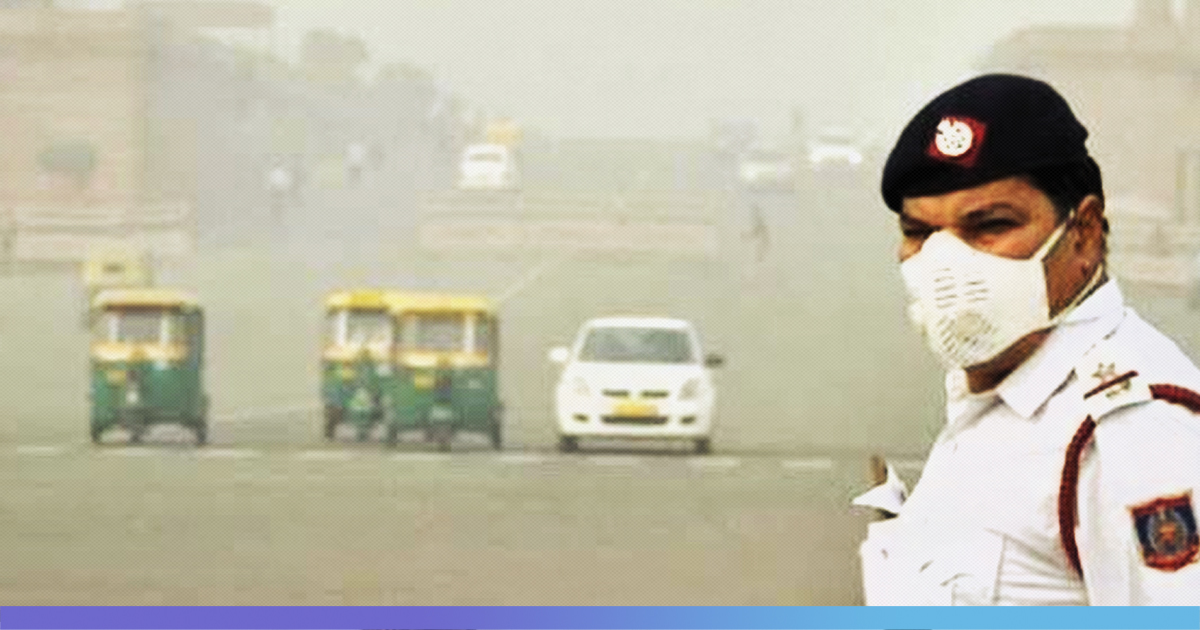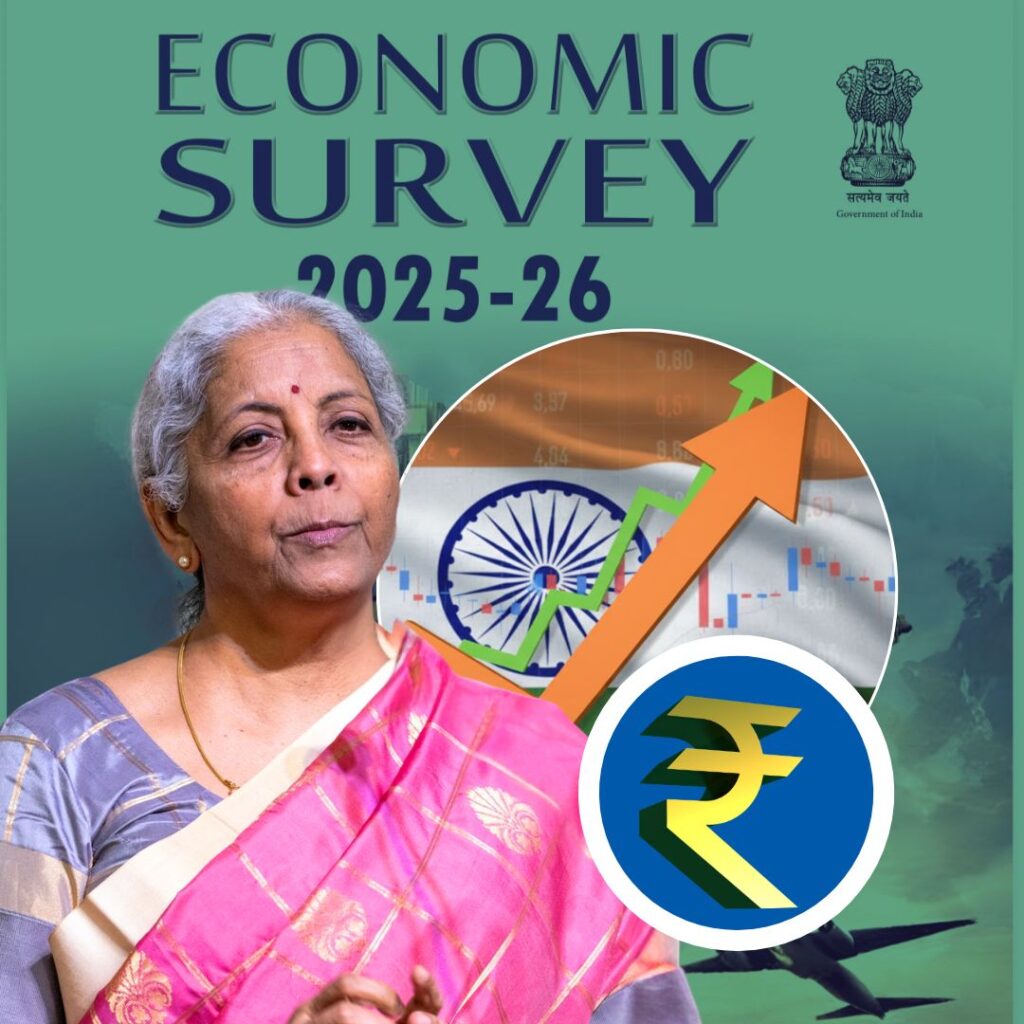To curb the growing carbon emission in the national capital, the third edition of the odd-even scheme to be rolled out today in the capital city as pollution level spiked to a three-year high in Delhi.
Delhi Chief Minister Arvind Kejriwal urged every citizen to follow the car rationing scheme for the sake of their health and family.
नमस्ते दिल्ली! प्रदूषण कम करने के लिए आज से Odd Even शुरू हो रहा है। अपने लिए, अपने बच्चों की सेहत के लिए और अपने परिवार की साँसों के लिए Odd Even का ज़रूर पालन करें। कार शेयर करें। इस से दोस्ती बढ़ेगी, रिश्ते बनेंगे, पेट्रोल बचेगा और प्रदूषण भी कम होगा।
दिल्ली फिर कर दिखायेगी
— Arvind Kejriwal (@ArvindKejriwal) November 4, 2019
What Is The Odd-Even Scheme?
Established in 2016 by the AAP government to lessen the air pollution in Delhi, the odd-even scheme intends to minimize the number of vehicles on roads. This is done by allowing private vehicles with registration numbers ending with an even digit(0, 2, 4, 6, 8) to be on roads on even dates only. And, the registration numbers ending with an odd digit(1, 3, 5, 7, 9) to be on roads on odd dates only.
The scheme rolled out at 8 am today. The scheme will be applicable from 8 am to 8 pm till November 15. It will not be effective on Sunday, November 10. On the first day i.e an even date, only even digit number will be allowed today in Delhi.
Exemption In The Odd-Even Scheme
Citing the burden on public transport, 29 kinds of vehicles are exempted from the scheme. The scheme exempts –
- All kinds of two-wheelers
- Emergency vehicles- ambulances
- School buses and vans
- Electric vehicles
- Women driving any vehicle
- Persons with disabilities
- The vehicles of Delhi police paramilitary forces, Army, Prime Minister, Union Cabinet Minister, Governors and President are exempted
Police Deployed To Ensure The Implementation
“We will deploy 200 teams across the city for smooth implementation of the odd-even scheme,” Special Commissioner of Police (Traffic) Taj Hassan was quoted telling India Today.
Delhi CM Arvind Kejriwal announced that his entire cabinet will also follow the odd-even formula. The chief minister, deputy chief minister and the ministers themselves will pool their car for the next 10 days.
Deputy CM @msisodia leaves for his office on a bicycle, from his residence #LetsUniteAgainstPollution pic.twitter.com/hCgjeVdzKr
— AAP (@AamAadmiParty) November 4, 2019
500 extra buses are deployed at different routes to accommodate maximum commuters.
Delhi government has held talks with app-based taxi providers to ensure no pricing surge or overcharging the customers for 10 days during the odd-even scheme.
The Delhi government has also deployed environmental marshals who will check on the garbage burning and violation of the anti-pollution norms in the city.
Is Odd-Even Really Effective?
The scheme has gathered mixed opinions from different environmental experts on its effectiveness.
According to Dr Ken Lee, executive director of Energy Policy Institute at the University of Chicago, the pilot scheme established in January 2016 had “reduced particulate air pollution concentrations by 14 to 16%”. But his study also pointed out that it remains an emergency measure and not a long-term solution for curing carbon emission in the national capital.
Not all studies, however, supported Dr Ken Lee’s stance on air pollution in Delhi.
In 2017, a joint study conducted by atmospheric scientists of IITs and IIMs had revealed that pollution levels declined only by 2%-3% in the first phase of the odd-even scheme. Only three areas in Delhi—Najafgarh, Shalimar Bagh and Greater Kailash—witnessed an 8%-10% drop in pollution. The study concluded that the contribution of cars to pollution is only 10%. If half of them are disallowed on any day, that should ideally reduce to 5%.
A separate study by Barun Aggarwal, co-founder, Care for Air, analysed the 13 different variables that contribute to Delhi’s air pollution. They include power plants, construction dust, the burning of solid waste and field stubble, diesel generators and brick kilns, which may have moved just outside the city but still affect it.
However, the biggest challenge is that there hasn’t been a study on the impact of odd-even by any independent agency or the government itself.
Also Read: Hyderabad Bad Roads Claim 23-Year-Old Woman’s Life, Officials Silent Despite Repeated Instances












